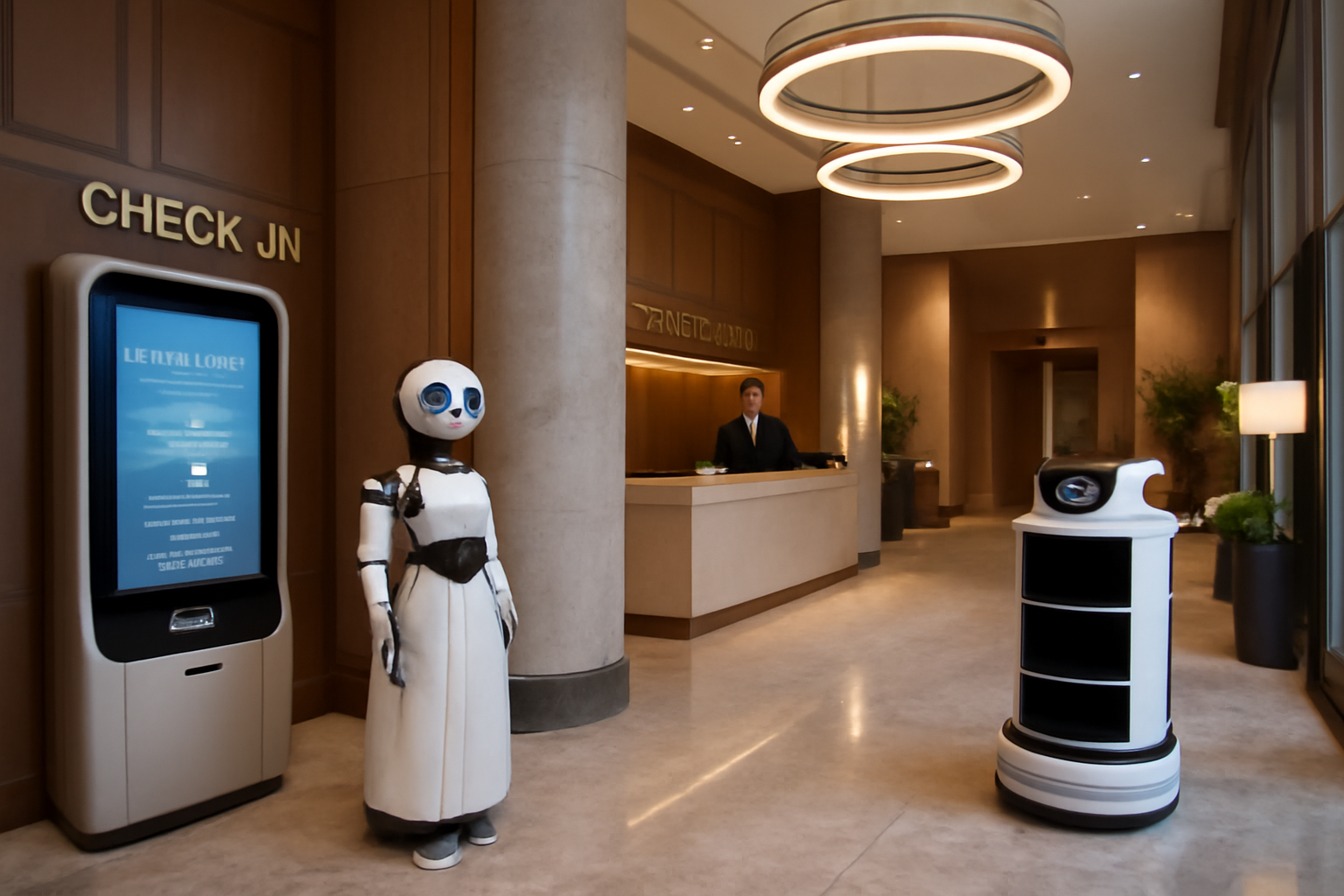
Leasing in the hospitality industry provides a flexible and capital-efficient growth strategy. It allows businesses to expand their operations without the significant upfront costs associated with purchasing property or equipment. This is particularly relevant for hotels, restaurants, and resorts aiming to maintain fluid financial positions while scaling operations.
Real Estate Leasing: Leasing hotels or restaurant spaces allows hospitality companies to efficiently manage their capital allocations by converting implicit costs into operational expenses. This not only helps in maintaining high liquidity but also grants the flexibility to adapt quickly to market changes. With lease agreements, businesses can periodically renegotiate terms or relocate to more strategic locations as consumer demographics shift, enabling them to capitalize on emerging trends faster than those tied down by owned properties.
Equipment Leasing: Particularly useful for quick-service restaurants and upscale dining, leasing commercial kitchen equipment ensures that businesses have access to the latest technology without the burdensome expense of outright purchase. This can include anything from leasing refrigeration units to point of sale systems, and allows for periodic updates to more energy-efficient or trend-aligned technology. Equipment leasing also reduces maintenance burdens, as leasing agreements often include service contracts.
Furniture, Fixtures, and Equipment (FF&E) Leasing: In the hotel sector, FF&E leasing involves renting the furnishings and amenities required for rooms and common areas. This is beneficial for hotels adapting to seasonal demands or refurbishing to maintain a competitive edge without a massive capital outlay. Such flexibility is crucial in testing new service concepts or room redesigns without the permanent commitment of purchasing.
Strategic Asset Management: Leasing allows hospitality businesses to manage their asset portfolio strategically. Instead of having capital tied up in depreciating assets, it offers the fluidity necessary to invest in areas with higher returns like customer experience, marketing, or other value-added services.
Scalability and Risk Management: By implementing a lease-based growth strategy, businesses can scale their operations efficiently. The ability to enter and exit markets without substantial disposal costs minimizes risks, allowing companies to respond agilely to economic downturns or shifts in consumer preferences.
Overall, adopting leasing as a cornerstone of growth strategy can enable hospitality businesses to enhance agility, preserve capital, and remain competitive in a rapidly shifting environment without bearing the weight of asset ownership. This strategic approach supports sustained growth by facilitating innovation and operational excellence through adaptable, cost-effective expansion.